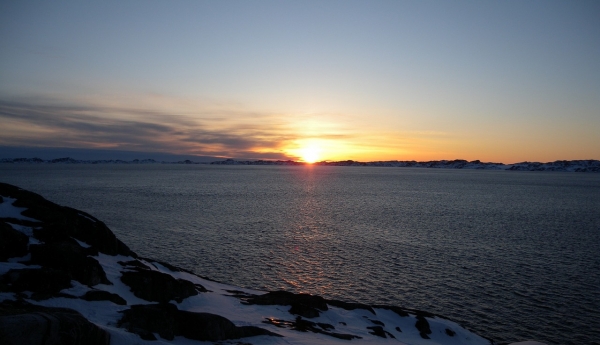The Arctic, Earth’s icy crown, is experiencing a climate crisis like no other. It’s heating up at a furious pace — four times faster than the rest of our planet. Researchers at Sandia National Laboratories are pulling back the curtain on the reduction of sunlight reflectivity, or albedo, which is supercharging the Arctic’s warming.
The scientists are not armed with parkas and shovels. Instead, they have tapped into data from GPS satellite radiometers, capturing the sunlight bouncing off the Arctic. This data dive could be the key to cracking the Arctic amplification code.
“The uneven warming in the Arctic is both a scientific curiosity and a pressing concern, leading us to question why this landscape has been changing so dramatically,” said Erika Roesler, an atmospheric and climate scientist at Sandia.
Previous studies have suggested that sea-ice albedo feedbacks are likely driving Arctic amplification. These albedo feedbacks can be broken down into two main areas. First, there’s an overall reduction in sea ice, leading to more exposure of the dark ocean. This absorbs more sunlight than snow-covered ice and raises temperatures. The second factor is the reflectivity of the remaining sea ice, or local albedo, which includes ponding water on ice due to melting.
Read more at DOE/Sandia National Laboratories
Photo Credit: nunarput via Pixabay


